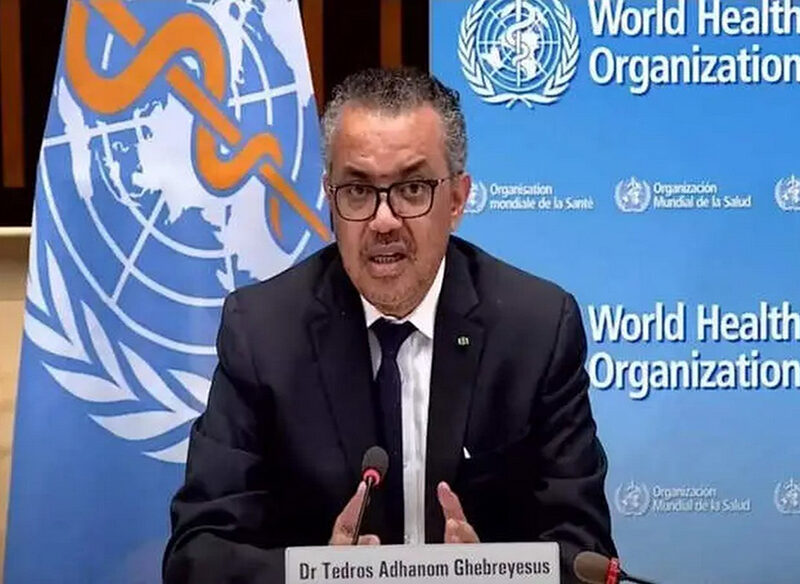The World Health Organization’s (WHO) Director-General, Tedros Adhanom Ghebreyesus, has expressed optimism that the global health emergency caused by Covid-19 could potentially end sometime next year. Let’s explore his statements and the key factors influencing this outlook.
Addressing the Covid-19 Emergency
During a press briefing in Geneva, Tedros Adhanom Ghebreyesus mentioned that the WHO’s Covid-19 Emergency Committee would convene next month to deliberate on the criteria for officially declaring an end to the global health emergency posed by Covid-19.
Hope for the Future
Tedros emphasized his hopefulness, stating that there’s a possibility of declaring Covid-19 no longer a global health emergency in the coming year. However, he also acknowledged that the SARS-CoV-2 virus responsible for the pandemic is expected to persist.
Managing Covid-19 alongside Other Respiratory Illnesses
The WHO chief highlighted the importance of countries learning to manage Covid-19 alongside other respiratory illnesses like influenza and Respiratory Syncytial Virus (RSV). These viruses are currently circulating intensively in many regions.
Lessons Learned and Future Preparedness
Tedros underscored key lessons learned from the pandemic, emphasizing the urgent need for countries to strengthen their public health systems. This includes preparedness, prevention, rapid detection, and response capabilities to effectively manage outbreaks, epidemics, and potential pandemics in the future.
Cooperation and Collaboration
One significant lesson from the pandemic is the necessity for stronger international cooperation and collaboration. Tedros stressed the importance of unity and collective action, moving away from competition and confusion that characterized the initial global response to Covid-19.
Continued Challenges and Uncertainties
Despite progress, Maria Van Kerkhove, technical lead of the WHO’s Health Emergencies Program, warned about ongoing waves of infection and reinfection worldwide. The number of weekly new deaths reported remains substantial, ranging from 8,000 to 10,000.
Mike Ryan, executive director of the WHO Health Emergencies Program, highlighted the unpredictability of the SARS-CoV-2 virus’s future evolution. Uncertainties surrounding the virus’s behavior pose additional risks and challenges for global health responses.
Striking a Balance
Before officially declaring an end to the Covid-19 emergency, a delicate balance must be achieved. This balance involves considering the virus’s impact, unpredictability, and the resilience of health systems in addressing vulnerabilities.
In conclusion, while there is hope for the eventual end of the global health emergency caused by Covid-19, ongoing vigilance, cooperation, and strengthened health systems are essential to navigate the challenges ahead effectively.










Comments